
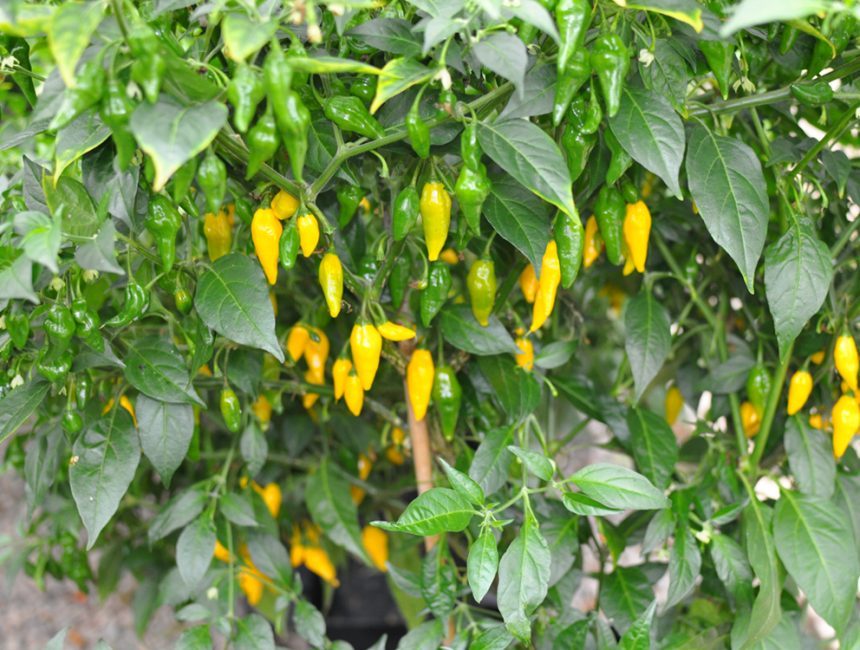
Harvest time for the Caledonian calefactor of cuisine – Professor Pods, AKA Neil Ferguson. Making food hottish was never more Scottish! Do let’s return to his Dumfries-based, science-led, chilli-growing, sauce-producing operation to get a unique perspective on northerly capsicum cultivation. Digging deeper on last month’s project profile, we round up on the sensational outcome of his debut AutoPot/Mills growing season and get our peepers on his peppers.
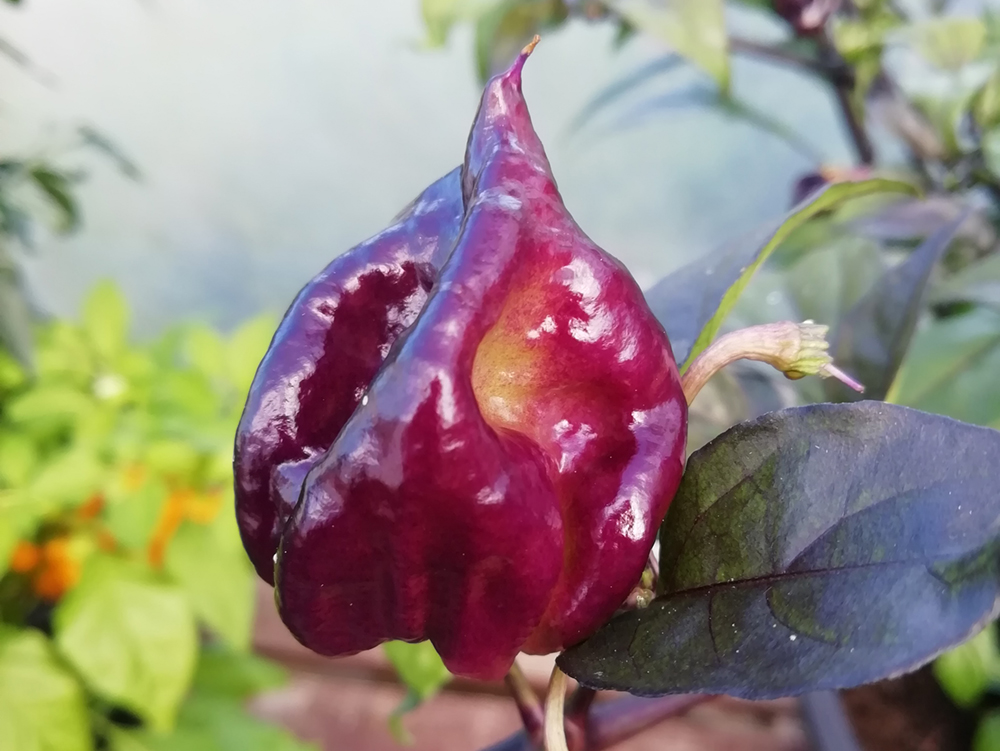
Growing chillies so far from their native environments obviously requires a great deal of attention to detail if bringing home a healthy, delicious, and profitable harvest is the goal. Were they fish, the Prof’s plants would be so far out of water they’d be in the clouds (admittedly, another state of water) and it takes a mighty command of cultivation to tease these piquant pods down from the stratosphere. Neil summarises Scotland’s season as “short, with frosts as late as the end of May and beginning again in mid-October. Very high rainfall and temperatures typically varying from 14 to 17 ˚C for most of the season”.
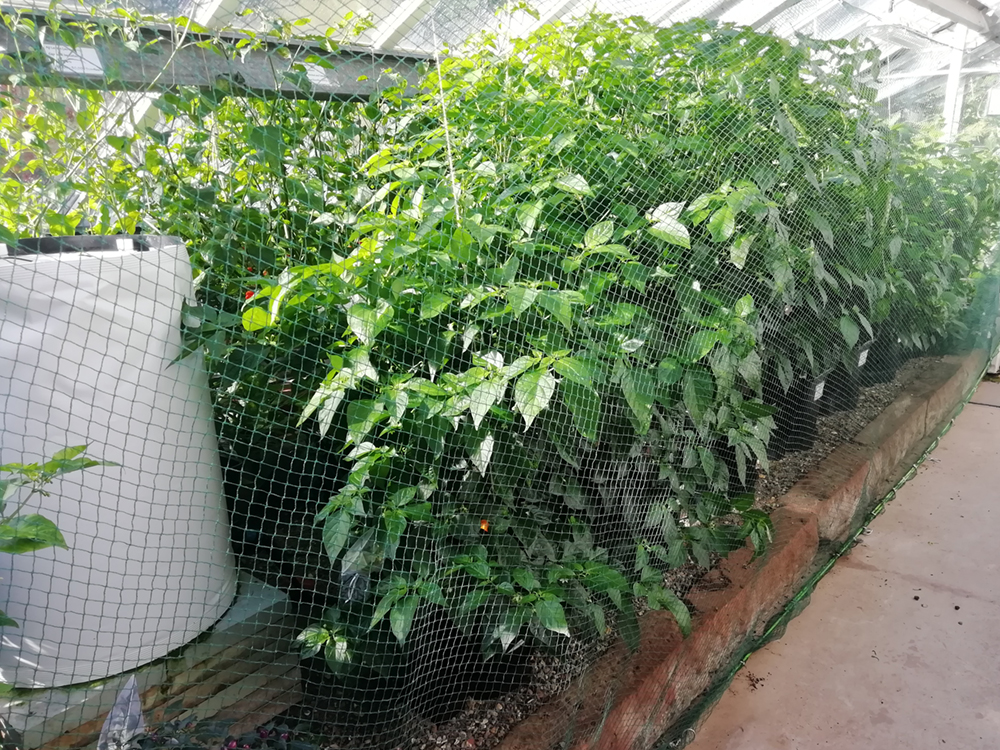
Such conditions “contribute to levels of humidity often between 80 – 95% – putting horticulture in a tight spot as the humidity levels can negatively affect plant transpiration. The upside is that this humidity helps with a very good fruit set, and we suffer very little from flower/fruit drop (which is a real problem for chilli growing in hotter climates)”. How then, is one to strike a balance and get the best out of the plants?
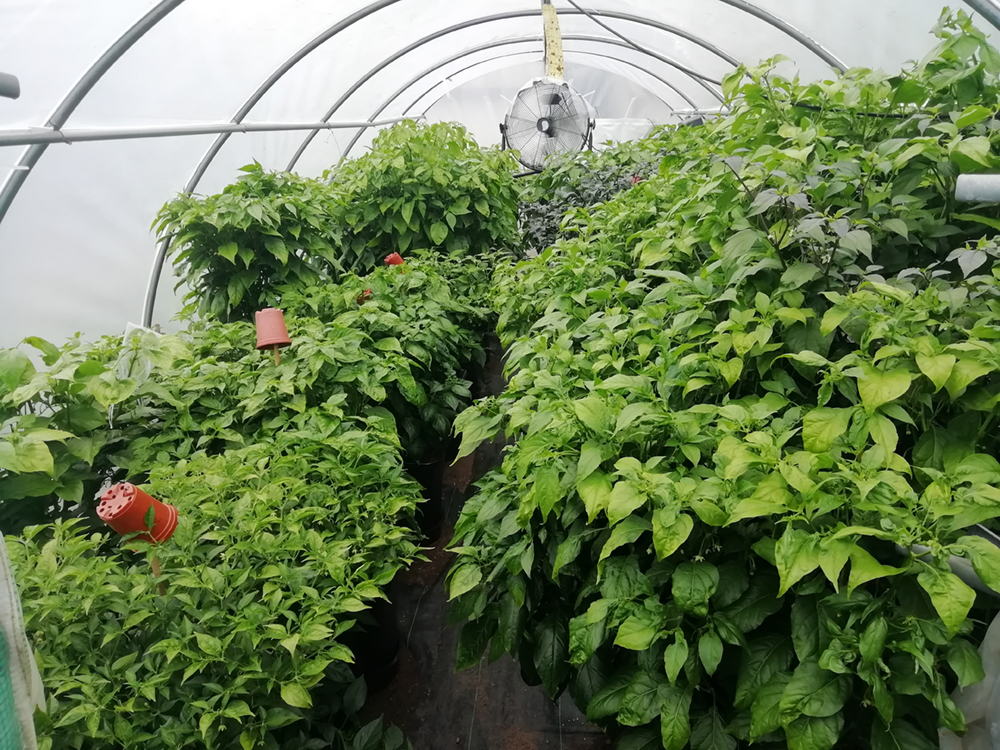
There are plentiful modern ways and means of producing an environment conducive to growing non-native plants. Lighting, heating, and ventilation can go some way to reproducing typical growing conditions. However these tools present problems of their own – not least in terms of cost. For commercial growers it’s not just the outlay on kit, it’s the constant overheads and, as in Neil’s case, having to cater to a broad spectrum of varieties. In Neil’s opinion, it’s best, where possible, “to work within the climatic conditions we have. We do use fans for air circulation and a bit of heat control in the summer (together with vents), but really that’s about it”. In order to adjust the growing environment, without excessive costs, Neil has looked more closely at the way the plants are grown.
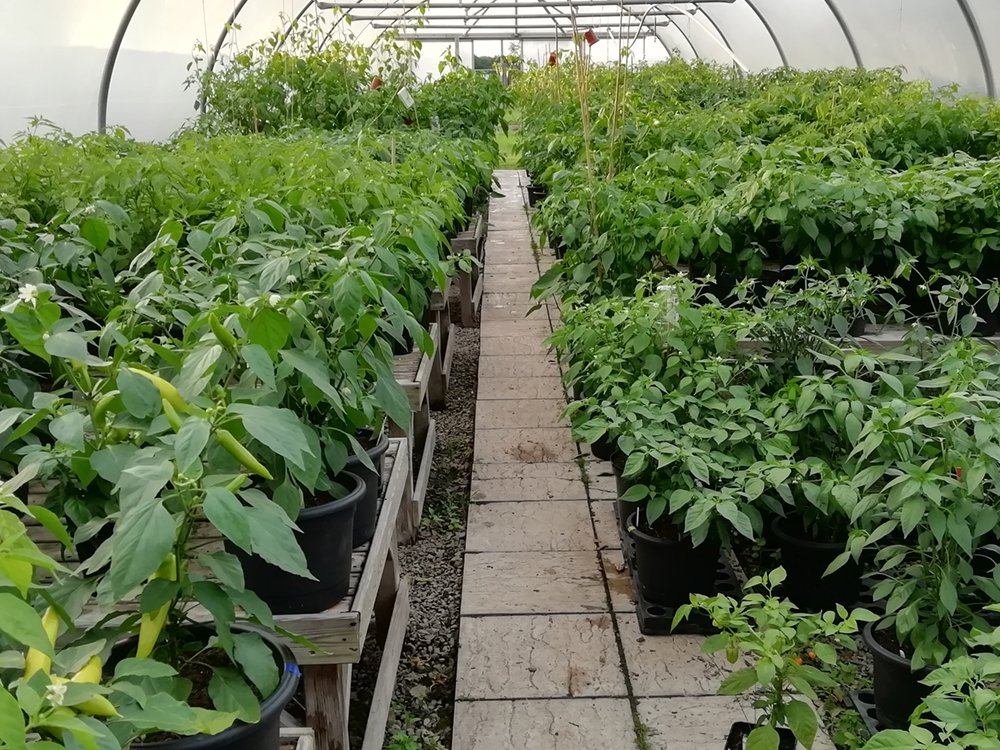
Before using AutoPot Watering Systems, Prof Pods main solution was ‘Sea of Green’ approach. “Lots of chilli plants, in a tightly packed space, aiming for medium yields for each plant that are readily achievable”. This technique works, to an extent. “By keeping the plants and pots small, we’d minimise their impact on the humidity of the growing environment. However, the downside of this, when combined with growing so many different varieties, is that the care regimen is labour intensive”.
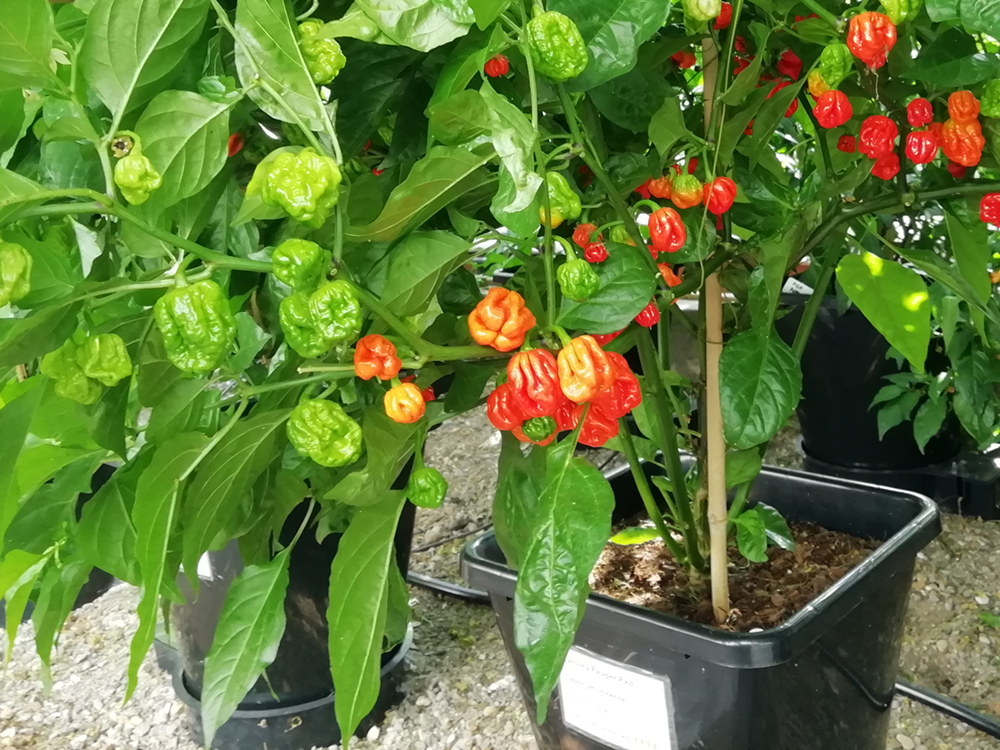
Hence, Neil began looking for ways of reducing workload whilst still satisfying the individual needs of these non-native plants. “Small pots require regular feeding and watering as they dry out fast when the plant gets large, or the weather is hot. The time commitment for doing this by hand for hundreds of plants was the key driver in my testing out AutoPots. The time savings of the systems was obvious, yet each plant gets just what it needs feed-wise. This seemed very close to what I’d been doing by hand, so this was really attractive to me”.
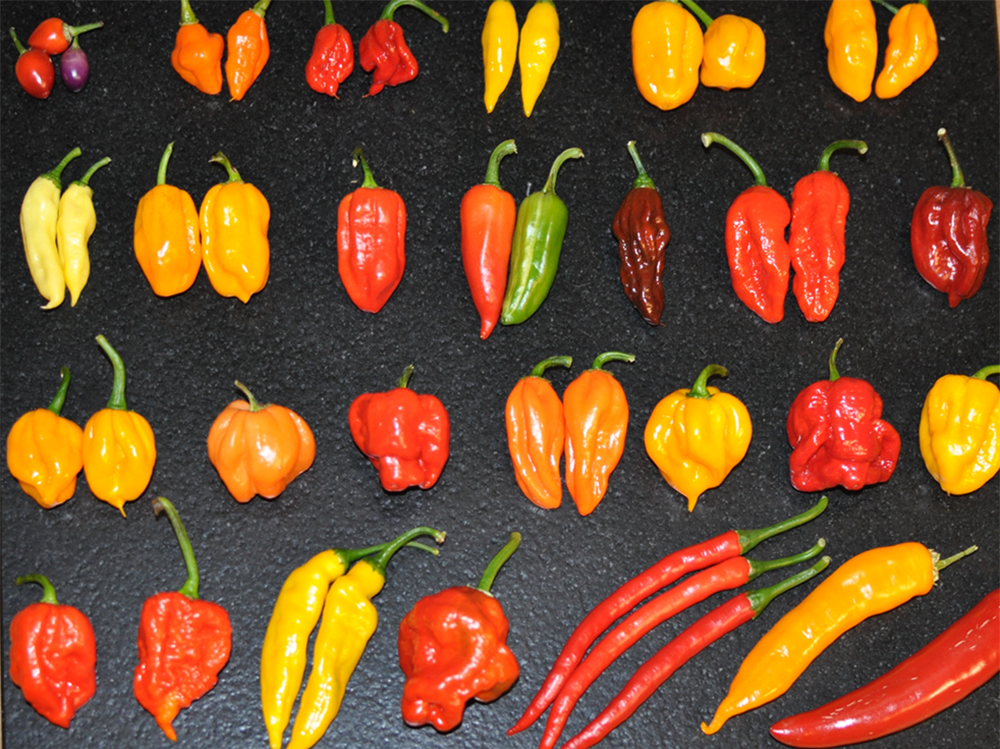
The reality of life with AutoPots was soon to become apparent. “The labour and time savings that AutoPots gave us were game changers. Whilst I like to check the plants regularly, and monitor EC/pH values regularly, the plants could be left completely unattended for 4 to 5 days, with no issues at all. Bomb proof reliability”. That’s labour locked down, but what of productivity?
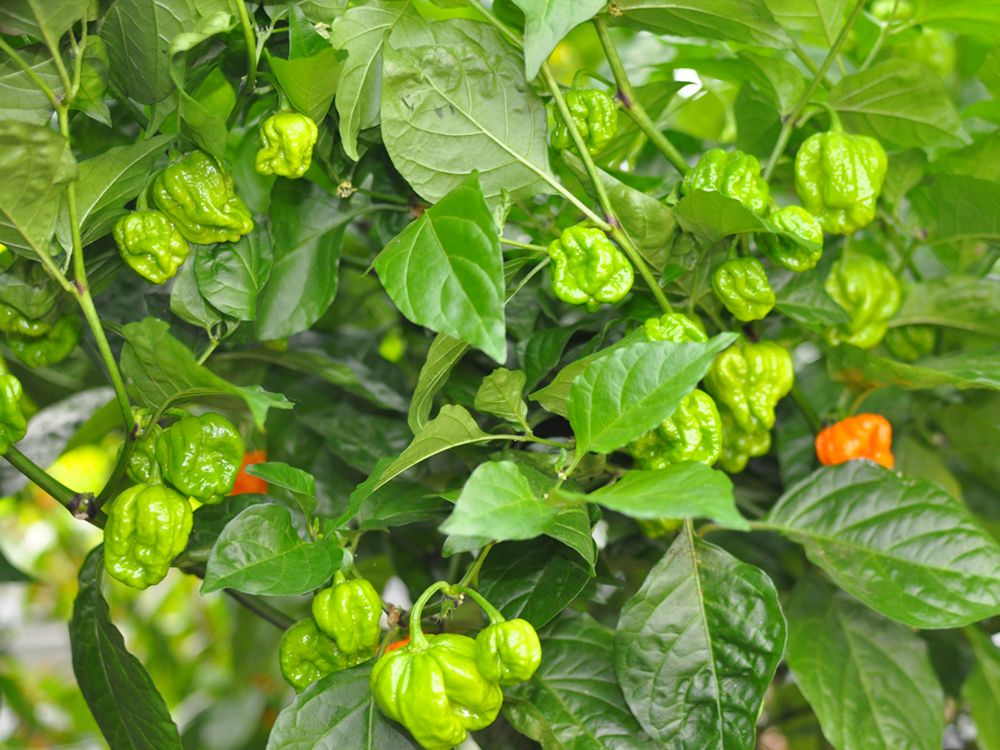
The resulting decrease in workload was only equalled by the increase in yield. “We saw increased pod sizes for many of our gourmet Capsicum chinense varieties. This was really notable for some of the extreme super-hot chilli strains (that are typically over 1 million Scovilles). These can be very challenging to grow in Scotland, but I found that these super-hots were very well behaved in the AutoPots. Notably, for a number of ‘difficult’ strains we saw very significant yield increases (up to 3–fold in some cases)”.
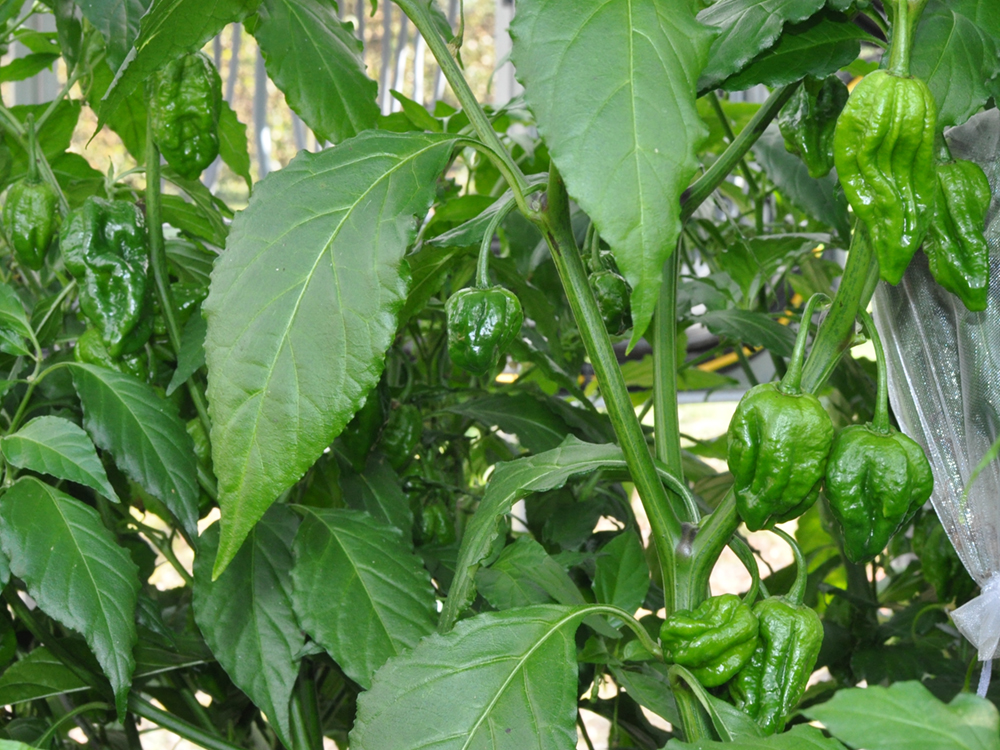
Decent, clean media and feeds that are light, fluffy, and provide ample nutrient content are another way to effortlessly increase output. Neil’s been glowing in his praise for the Mills range with which he’s been growing this year. He found that the DNA Mills Soil & Cork, in which the plants were potted, held enough feeds to last around a calendar month. Once the AutoPot Watering System was activated, Mills 5-Part Complete was fed in solution via the reservoir and pipework. In Neil’s opinion this feed “comprises everything you need, micro- and macro-nutrients and an N-P-K ratio that you can adjust as your plants needs change”. Whilst irrigating and feeding, the AutoPots operate power-free and with zero-waste on water or nutrient solution – so Neil’s remarkable results have been achieved with overheads at the bare minimum. Another advantage cited by Professor Pods “is the scalability of the AutoPot systems. It’s not really much more work to look after 300 AutoPots than to 50. Well, at least until harvest time!”. And what a harvest it proved to be!
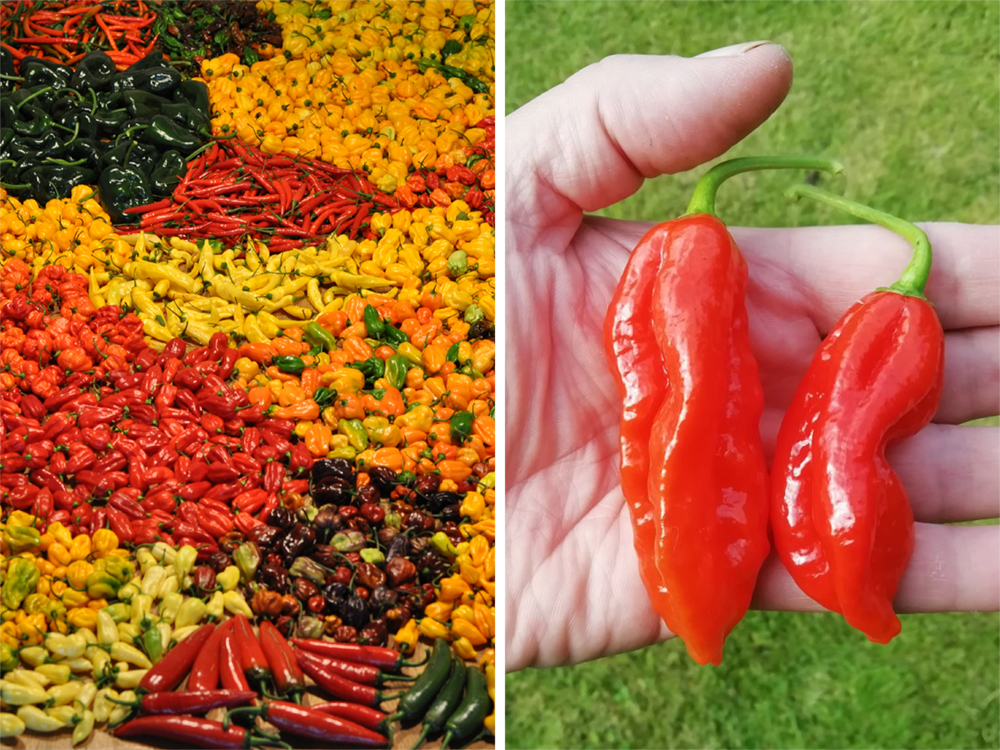
Professor Pods grow 50 to 80 different chilli varieties each year, their motto being; “seed to sauce, we do it all!” Personal favourites for Neil include super-hot habaneros. He has “a particular fondness for so called ‘chocolate’ varieties as they tend to have an intense, smoky rich taste that is unique and addictive…Chocolate Trinidad Moruga Scorpion, Trinidad 7 Pot Douglah and Chocolate Habanero. I also love Caribbean Super-hots with fruity or citrus tones, like Trinidadian 7 Pots. So basically, furnish with me a desert island and some 7 pots, and I’m all set!”
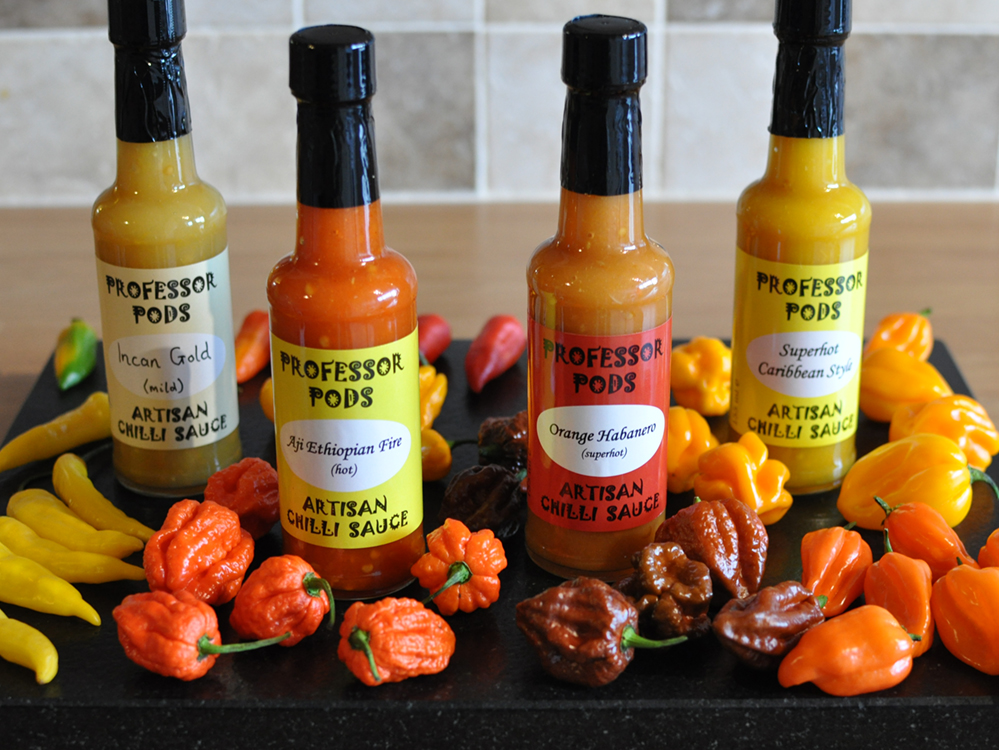
Here’s to the future. This year, Neil wanted to do a real world test with AutoPot that properly reflected the challenges faced in any given season. “And a challenging season it was – as we’ve had the worst summer weather for chilli growing that I’ve ever experienced. A real world test indeed!”. Despite, or perhaps because of, such adversities Neil’s verdict is resounding; “with the AutoPots the results were still amazing. I am absolutely convinced this is the way forward for us”. Our thanks and congrats to Neil on a superb season. The way forward for you, dear reader, is to check out Professor Pods exquisite Insta and Facebook feeds – for more modern growing wonders.
| Monday | 9AM-5PM |
| Tuesday | 9AM-5PM |
| Wednesday | 9AM-5PM |
| Thursday | 9AM-5PM |
| Friday | 9AM-5PM |
| Saturday | Closed |
| Sunday | Closed |